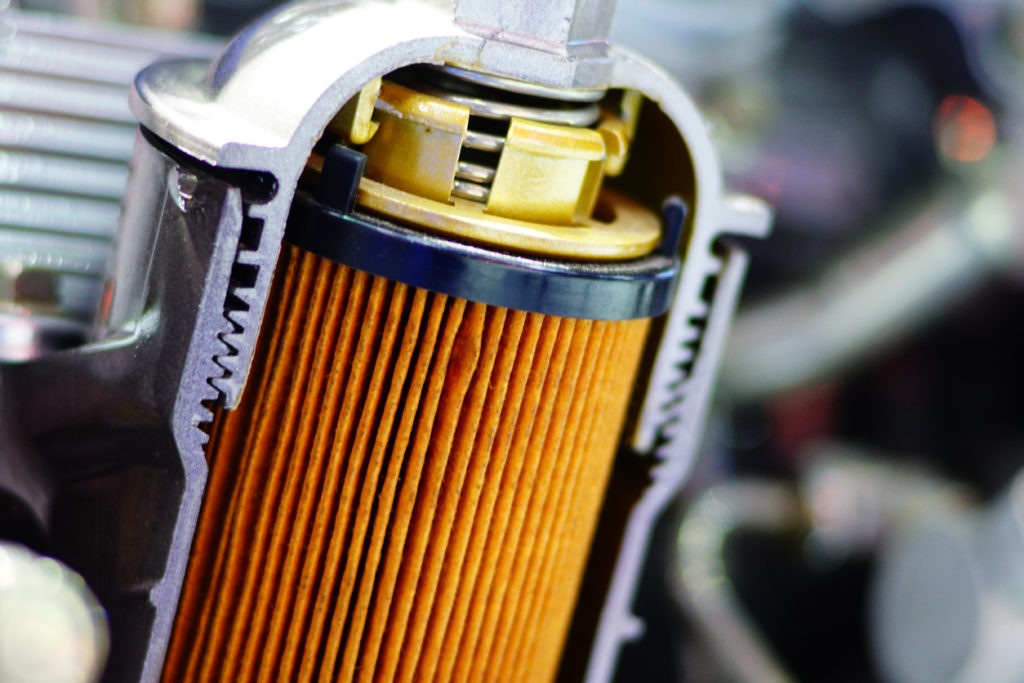Microfiltration is a predictive maintenance technique that consists of the physical separation of moisture (water) and particulate materials present in liquids, oils and emulsions. This separation is made with filter elements that have micro pores that can reach 0.1 microns, which guarantees the cleaning of the fluids. As benefits, Microfiltration prevents unnecessary oil changes, and extends the life of machines and equipment.
Why do Microfiltration of oils?
You may ask, but do not original / conventional filters do Microfiltration? The answer is no!
Machines and equipment from the most diverse sectors such as industry, transport, mining, agriculture have filters that do not capture particles smaller than 5 microns.
This is due to a technical issue, the vast majority of equipment works with the total flow of oil that passes through the system at high pressure, not allowing an adequate filtration of lubricating and hydraulic fluids.
That is, in order to have a high pressure and sufficient amount of oil, the original filters have pores larger than 5 microns, not properly filtering small particles.
See in the image a common filter used in the vast majority of equipment and vehicles that leave the factory.
This filter model, when new, removes the vast majority of particles larger than 25-50 microns and the smaller the particle size, the lower the percentage of retention.
Microparticles and damage to hydraulic and lubricant systems
Each particle that passes through the common filter corrodes its galleries allowing the passage of more particles that will cause the complete operational inability of the filtering system, consequently causing damage to the equipment parts. These same particles can become embedded in the surface of the bearings causing them to wear out or cause the capillaries where the oil passes through, causing the system flow to collapse.
In hydraulic systems, for example, the valve control is easily damaged by micro particles that reduce the quality of the required fluid. In the short term there may be an accumulation of particulates that will be reflected in increased wear, loss of control and power of the system and loss of hydraulic fluid.
Problems caused by moisture and water in the oil
In addition to the problem of particulate materials, the moisture that forms in hydraulic fluids and lubricants promotes the formation of acids that in turn increase the corrosion of the engines and the internal systems through which the oil circulates.
Moisture can manifest itself in the equipment in several ways, the most common being condensation. The condensed water that forms causes the degradation of the additives, degradation of the lubricating and hydraulic oil molecules, reducing the useful life of the parts.
A study by Companhia de Rolamentos Timken, demonstrated how dirt and water affect the service life of bearings, pointing out that an amount of 0.02% of water in hydraulic oils will decrease the service life of bearings by 50%.
Conclusion
By applying Microfiltration, you eliminate moisture and tiny particles that cause most of the damage we see on equipment.
Predictive maintenance techniques such as microfiltration and Oil analysis prevent problems; avoid frequent exchange of fluids and filters, avoid unnecessary oil consumption, improving the cost benefit and also the socio-environmental impact.
Technically, if the oil is kept clean and free of moisture, we can easily extend the life of this oil as well as the equipment.
Consult our experts and improve your operation costs!




